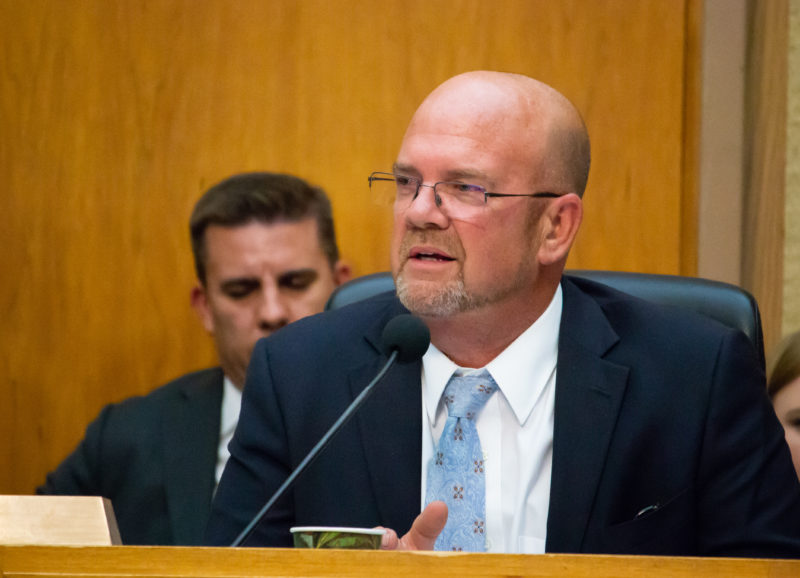Supreme Court Dismissal Creates New Normal for Homelessness in San Diego
Recently, the Supreme Court refused to hear a major case on homelessness, letting stand a ruling that protects homeless people’s right to sleep on the sidewalk or in public parks if no other shelter is available.
Without comment, the Supreme Court refused to hear a case originating from Boise, Idaho, which challenged a ruling from the 9th U.S. Circuit Court of Appeals that undercuts local governments from regulating encampments on sidewalks and public areas.
What This Means for San Diego
While this has been the status quo in San Diego for several years, with today’s decision, it is certain that this law will stay on the books for the foreseeable future. The City of San Diego, as well as the County and 18 other cities in the region must provide shelter to the unhoused population if the city is to enforce quality of life ordinances such as prohibitions on sleeping on public sidewalks. Every local government in our region bears this responsibility equally, and needs to contribute to the solution equally.
“We have seen what has happened to the quality of life in our city when we can’t enforce our laws. Like last summer when the courts prevented enforcement of the vehicle habitation ordinance. The health and safety of the homeless, the housed residents, and the visitors of our beach communities were devastated,” said Councilmember Scott Sherman.
“We can never be put in that situation again. We must always have shelter and safe parking capacity so we can enforce our laws and prevent public health outbreaks like Hepatitis A.”
Moving Forward
Now that the law is settled for the foreseeable future, it is vitally important that homeless outreach, safe parking, and services be budgeted moving forward. With the recent work of the City and the Regional Task Force on Homelessness, the city is well positioned to create a responsive system that will ensure there is always a bed for those who find themselves on the streets. This system is designed to flow people through into permanent housing, and make sure someone’s time without shelter is brief and infrequent.
Sherman stressed that “San Diegans have to understand that this is the new normal, it has to be part of every year’s budget if we don’t want to become San Francisco OR Seattle where rampant open drug use and the use of our public streets as a bathrooms is a casual fact of life.”
However, every council district must meet its obligations to provide at least 140 newhousing units for homeless and disabled residents by 2021. Unfortunately, despite all the tough talk, according to a recent news article, only three out of nine Council Districts are meeting their obligations. District, 3, 7, and 8. District 6 is on track to meet its goals by 2021.
“Resolutions get great media, but if Councilmembers forget their obligations once the headlines are past, they are meaningless,” said Sherman.
Finally, Councilmember Sherman calls on his colleagues at the County Board ofSupervisors to step up and start contributing the county’s fair share to permanent shelter beds, permanent supportive housing, and mental health resources. Just because a person becomes homeless within our City boundaries doesn’t make them the city’s sole responsibility. The County is the Health and Human Services agency for the entire region. They have the resources and the responsibility to be the leader on solving homelessness and have been too reticent in the past to take ownership of this issue.
“The time for sidestepping and punting on this issue is over. Every jurisdiction in SanDiego must contribute to funding and operating a regional system that can move people off the streets and into housing, so that we can enforce our quality of life laws and reclaim our public spaces,” said Sherman.

Category: Government, Local News, Politics







